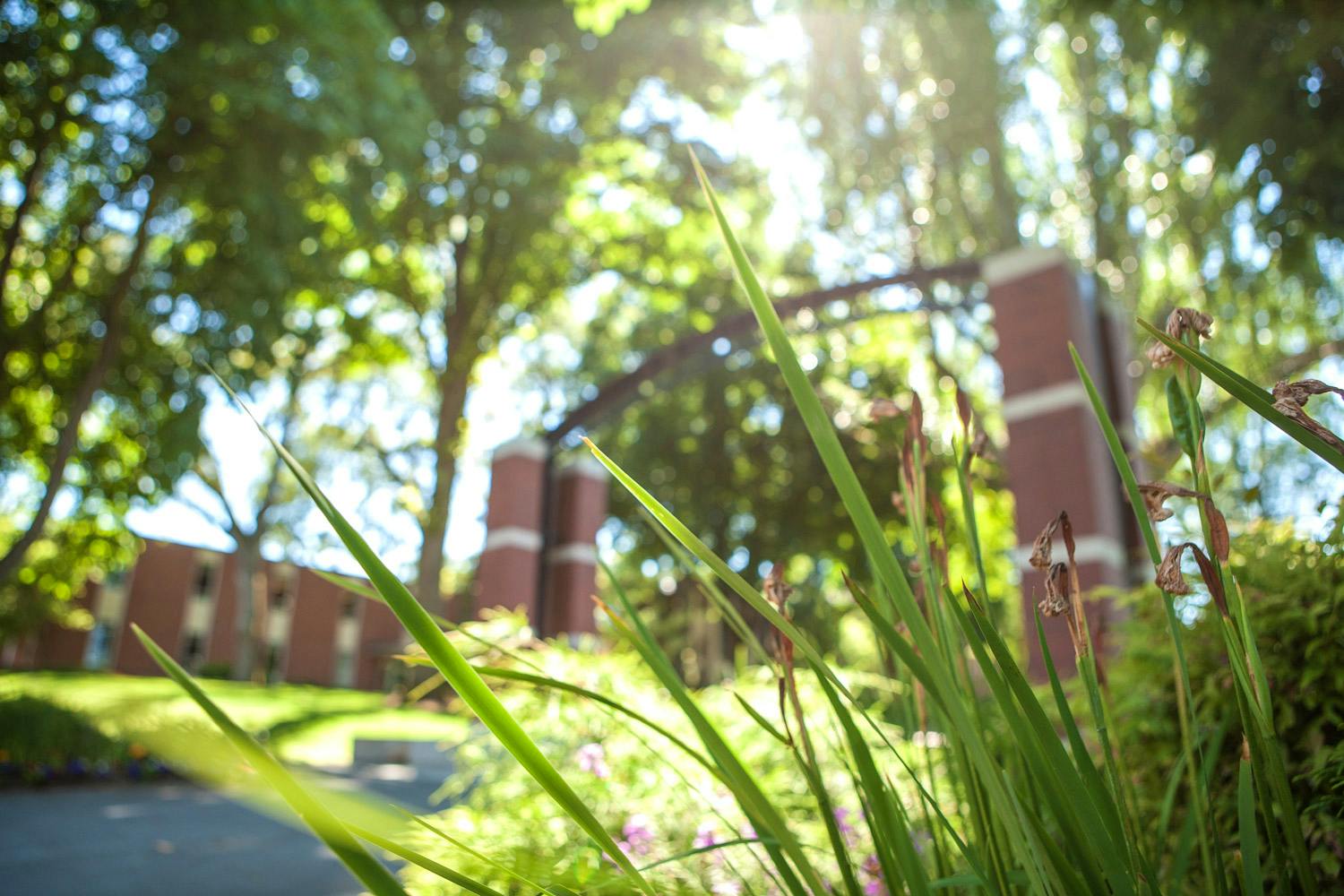It might seem strange, at first glance, that so many graduates of a private, nonprofit, Christian university such as Seattle Pacific University go on to work in public schools. Why would Christians invest so much time and energy in public education?
When I look at our history, the dots begin to connect. Consider this: Washington state’s public school system is more-or-less the same age as our university. When Washington’s statehood was ratified, in 1898, just seven years after Seattle’s founding, the state constitution contained the strongest possible statement that every child had a right to education. It reads: “It is the paramount duty of the state to make ample provision for the education of all children residing within its borders, without distinction or preference on account of race, color, caste, or sex.”
Ever since we started training teachers here 95 years ago, Seattle Pacific graduates have made significant contributions to fulfilling this “paramount duty.” They’ve served as teachers, principals, superintendents, counselors, volunteers, and nearly every other role you could think of. And while many have taught internationally and in Christian or other private schools, a large number of these educators have spent their careers educating the 90 percent of U.S. schoolchildren enrolled in public schools.
This year, 92 percent of our teacher candidates across our undergraduate and graduate programs did their student teaching in public schools.
Seattle Pacific has been, for generations, a place that sees faith and education not as a means to wall ourselves off from the world, but as a reason to go out and serve the world. We believe that Christian education means we can — and should — approach any discipline informed by the practices and values of our faith. But we also know we’re called to ask and answer the question “Who is my neighbor?” We know we’re charged with seeking the welfare of the city — and our schools. We may not all be parents or educators, but we all have a stake in the welfare of our communities’ children.
I don’t think that means we are naïve about the challenges: Inequities and segregation persist, battles over funding grow vicious, families of students with disabilities have to fight to receive the support to which they are entitled under the law, and Washington is among the states whose education funding is in crisis. Furthermore, within the SPU community we hold a wide variety of views on how to address these issues.
But this is a university with a tradition of addressing tough topics with civility. That’s why we asked some of our education professors to weigh in on just a few of the issues that come up in their classrooms as they’re training future educators. That’s why we sat down with public school educators and talked with teachers, counselors, and administrators about what they see happening in their classrooms.
We all have a stake in our public schools — and mine is about to grow more personal. This fall I will join the ranks of Seattle Public Schools parents, when my oldest child starts kindergarten. Will he pass through the classroom of a teacher whose work has been shaped in some way by SPU? The chances are good — and I hope he will.




